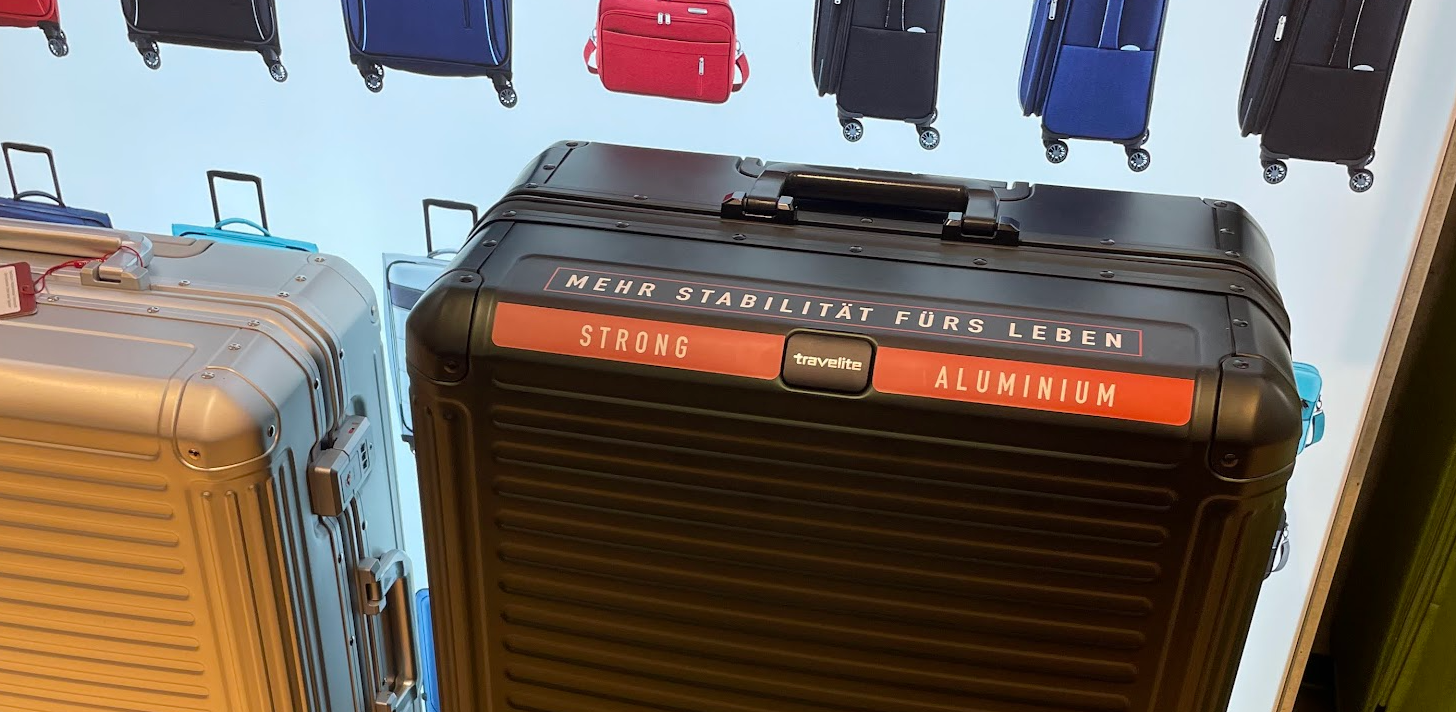Background

The United States is far from the minimum standard. For example, water in Atlanta tastes heavily of chlorine. It tasted better when I lived in Brookline and had little black bits at the bottom, which indicated usage of charcoal filtering: a more expensive but safer filtering method. However, I feel like the water in Cambridge tastes of chlorine. So maybe I’m just mis-remembering. The water in Cologne and Dresden were great.
In Germany, there is a wide selection of cured meats such as speck, prosciutto, salami, mortadella, and so on. It’s roughly $25-27 per pound versus double in the USA at Whole Foods, which is also overly salty, but there is decent pricing for Prosciutto di Parma at Costco.
It’s not so much cured meats being “fancy” as it is a low cultural tradition in the USA because much production has been destroyed, leaving people as consumers of generic large-scale shops. The United States has few traditions of knowledge and this can be seen in the way people dress, the cookie-cutter appearance of houses, the standardized foods, and so on. A small town in Italy punches much higher than an American small town.
Suitcases and Economic Prediction
In my firsthand experience looking at suitcases from China, they are plastic yet high quality, durable, reinforced in the corners, cheap, and completely unavailable in the USA through Amazon. Instead, we get cheap and flimsy stuff. The clothing often shows high attention to detail and the stitching is intricate.

I predict that once the US dollar becomes no longer relevant, living standards in the USA will regress heavily, unless a new golden age of production occurs. The question is how to encourage the production of wealth. The United States has been subsidized by labor from the rest of the world and has let its own production wither. We see this in the form of large appliances, large houses, large material builds, large highways, but little attention to detail.
On Displaying Material Wealth and Milieus
I speak from a perspective of being familiar with cities such as Atlanta, smaller cities in Georgia, Dallas, and so on.
Greenville, South Carolina, is surprisingly nice. But the actual city is likely limited to the wealthy. Wealthy people like to live near the city yet still have their greenery and space, which I saw in Greenville. DC appears to be gentrifying heavily.
When I visited Seattle, it was a much richer city. I find richness to be ‘attention to detail.’ You could see it in the way the Bellevue suburbs were versus Atlanta suburbs. The materials, choices of woods, the alignment of the roads. All these small things. A personally cultivated garden is rich. An asphalt road is not. A brick road is. I haven’t been to California, nor have I seen suburbs in many rich places in the USA. The cities (Chicago, Philly, New York) have certainly decayed. The quality of foods in schools is atrocious. What is to be done? Reform or exit?
It’s a question I ask myself all the time. I only hope I will have a choice.
I think there’s little point of dressing well if you’re stuck in a milieu without the capability to support it. What I mean by this is that often people try to look better or improve their appearance, but they are capped by the stores in the area around them and their family upbringing, so it becomes a losing game as it’ll never be possible to achieve what someone in a good milieu had growing up. You might do pretty well for where you’re from, but you’ll never be the best. And it’s exhausting to try and live in such a milieu because you’re importing things against the current of what is naturally there. You’ll be more competitive by doing that, but would it be better to be lower ranking in a better place?
Yet cities often aren’t all that great. Crime, lack of nature, lack of sunlight, and lots of people who don’t get it. There’s a reason the rich have an apartment in the city and a countryside house. I’d imagine with better transportation, perhaps importing goods isn’t such a bad thing, but I’d only do it to a house in the countryside rather than some generic suburb. The better people get in life, the more privacy people tend to want away from people who bother them.
Naturally, this line of logic leads to try and get to a better place if you can, which might explain much economic migration and the stratification we see in society. Perhaps the only thing holding someone back is a genuine concern and care for those in their hometown, but that’s made difficult by the digital and network age plus racial heterogeneity.
Regarding recognizing others: it’s obvious if you can hone your perception of it. You see people wearing these jeans that you recognize or a shirt from a specific brand.